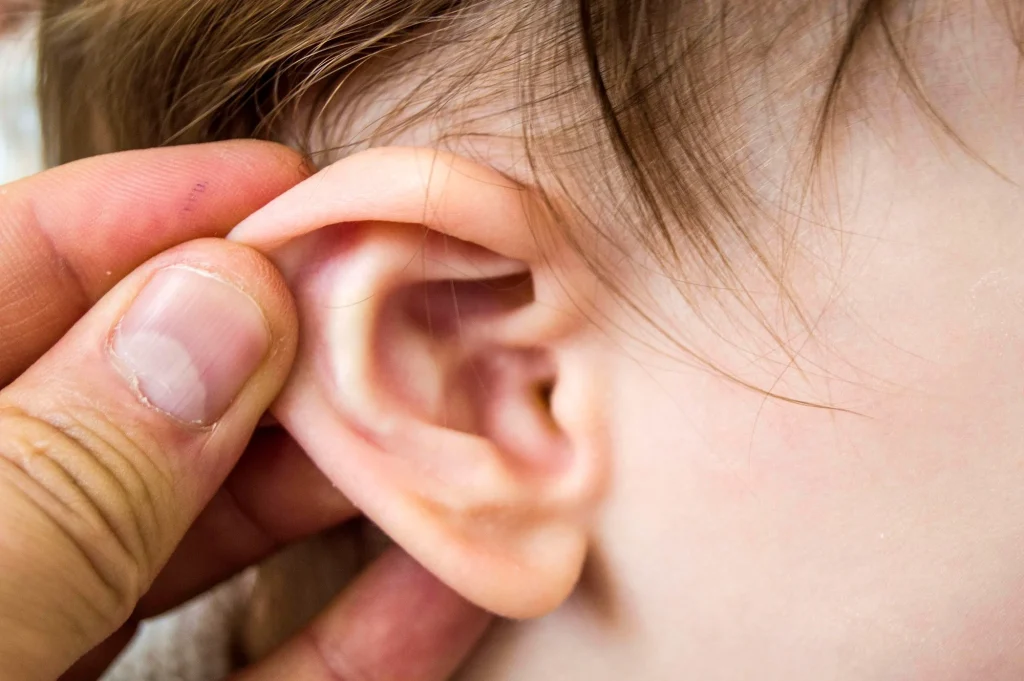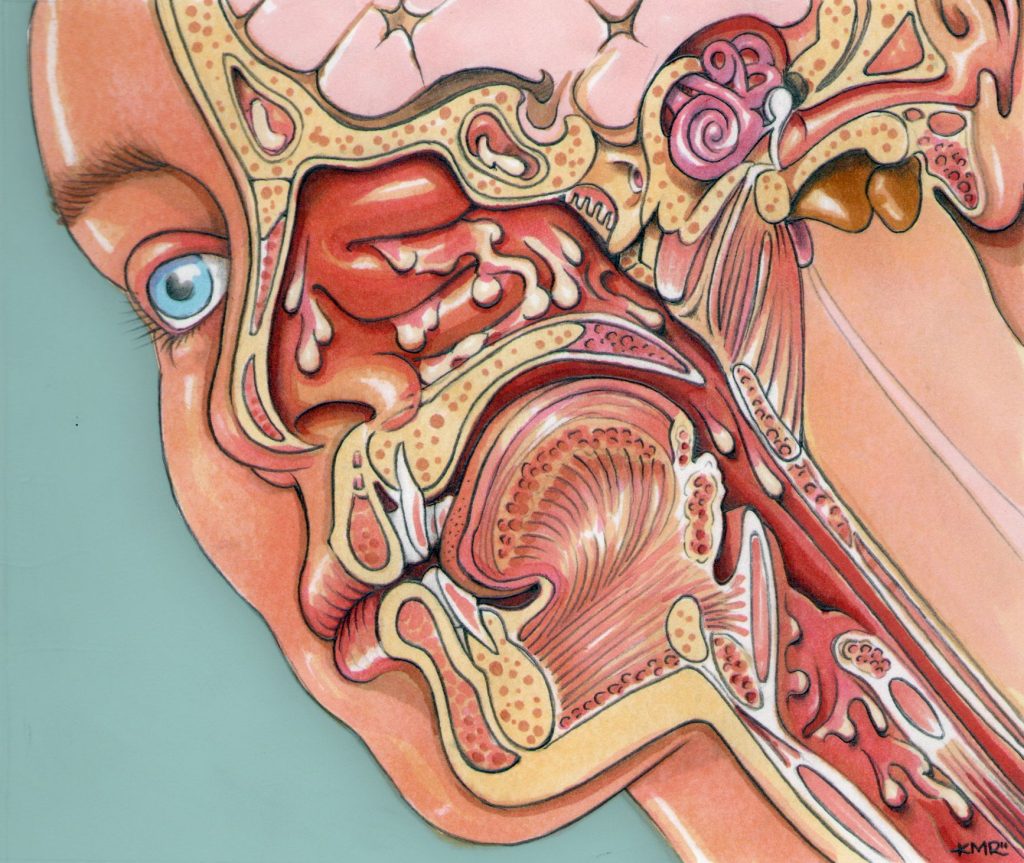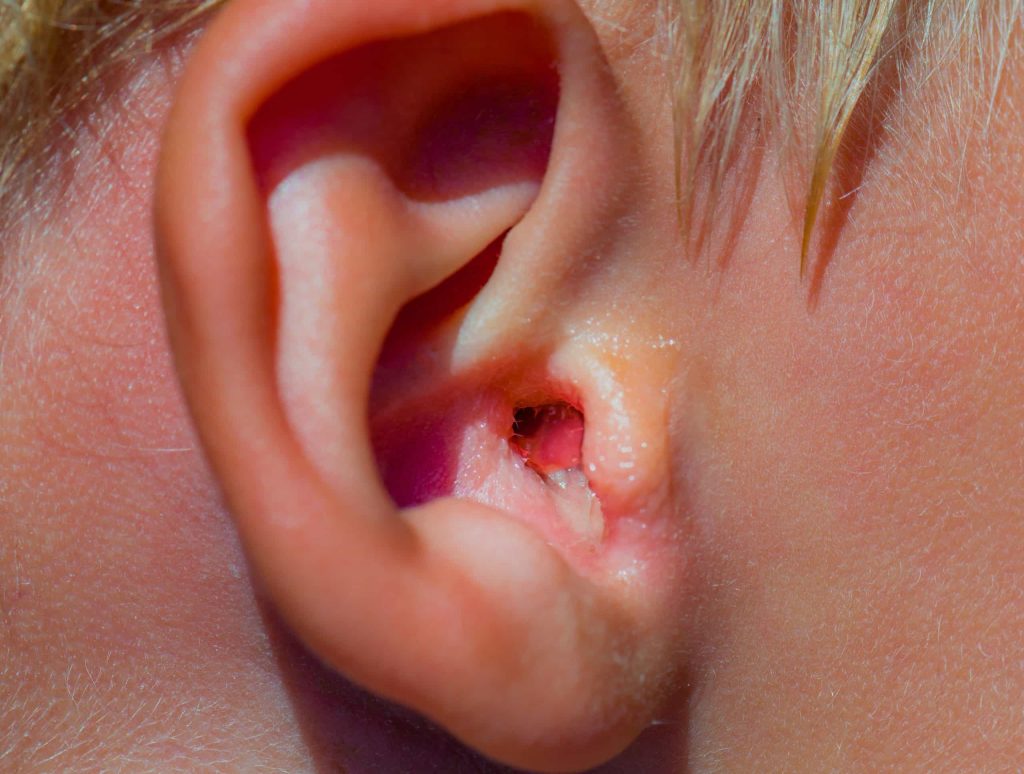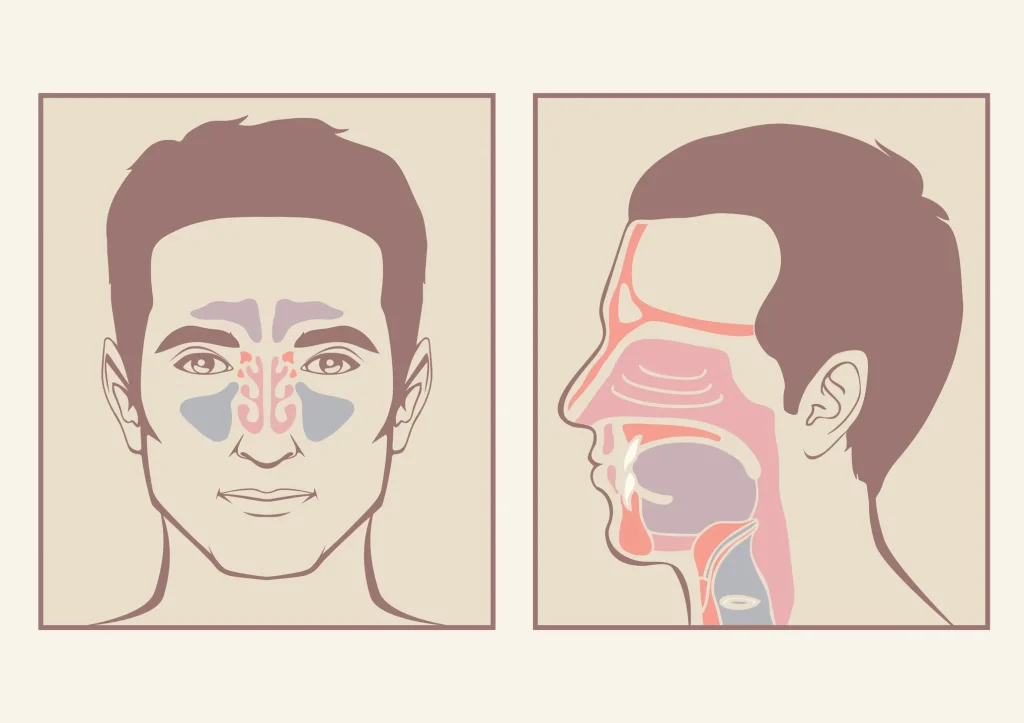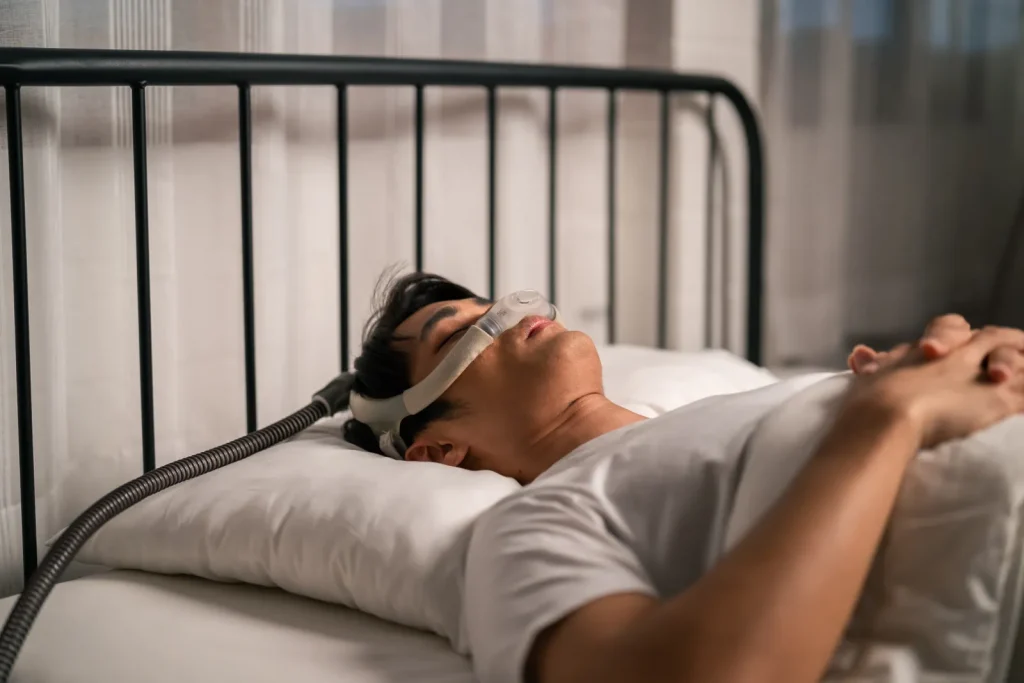How Chronic Ear Infections Affect Young Children
Young children often get sick. Ear infections are very common. Some kids experience them repeatedly. These are chronic ear infections. They can be incredibly frustrating. Parents feel helpless sometimes. Children suffer from pain. Their hearing might be affected. This can impact speech development. Understanding the causes is important. Various treatments are available. Early intervention helps…
Read more

